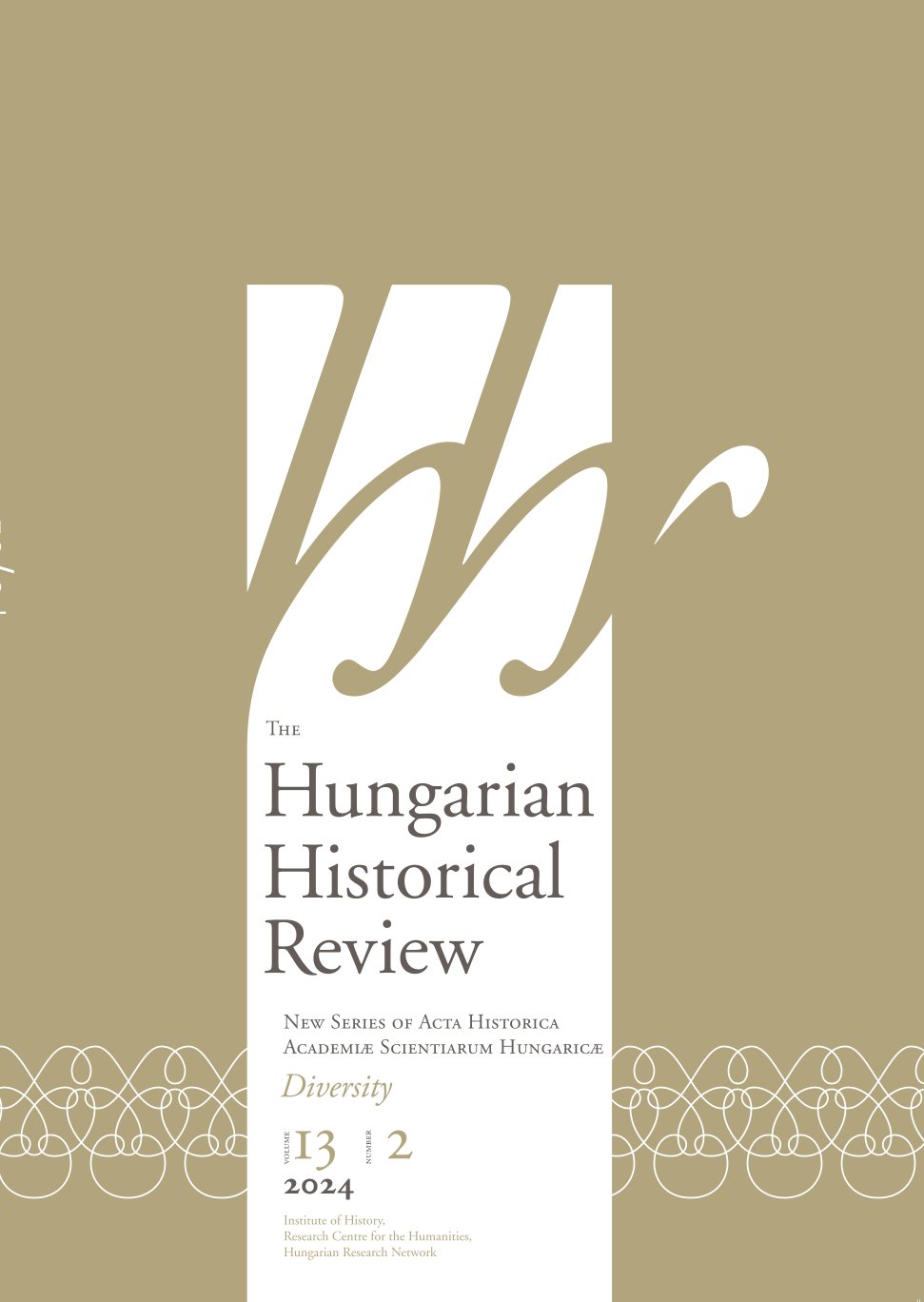The League of Lords between Feudalism and the Modern State: Diversity of State Models, Political Agency, and Opposition in Late-Medieval Bohemia (1394–1405)
The League of Lords between Feudalism and the Modern State: Diversity of State Models, Political Agency, and Opposition in Late-Medieval Bohemia (1394–1405)
Author(s): Éloïse AddeSubject(s): 15th Century
Published by: Magyar Tudományos Akadémia Bölcsészettudományi Kutatóközpont Történettudományi Intézet
Keywords: state; revolt; league; Bohemia; agency
Summary/Abstract: Traditionally, the League of the Lords (Panska jednota) is perceived as having been in opposition to the development of the modern state and as an embodiment of feudalism, which stood in stark opposition to rational modernization. In this paper, in line with the anarchist anthropology of David Graeber and James C. Scott, I would like to show that the nobles were not necessarily conservatives hostile to modernity but rather were political actors who were aware of their choices and who rejected changes not out of a mechanical conservatism but out of a motivated hostility to the modern state. Without losing sight of the pragmatic character of political events and alliances, I am therefore interested in this opposition group and, in particular, in the ways in which it justified its positions and sought to depict itself. Through an analysis of concrete events that occurred in Bohemia, this paper aims to challenge the linear doctrine on the development of the modern state as an unquestioned evolutionary development and thus reassess the possibility of (real) opposition and alternatives to the dominant model.
Journal: The Hungarian historical review : new series of Acta Historica Academiae Scientiarum Hungaricae
- Issue Year: 13/2024
- Issue No: 2
- Page Range: 213-234
- Page Count: 22
- Language: English

